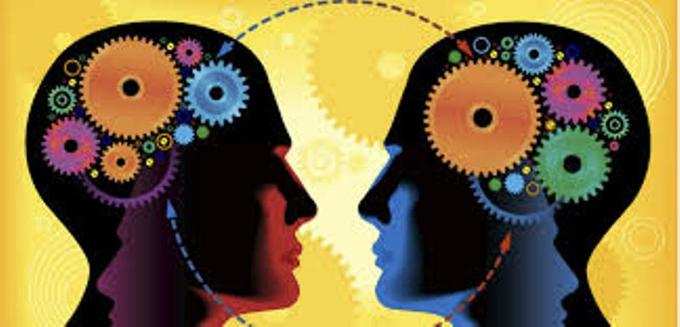 In the land that gave birth to the great Buddha and
In the land that gave birth to the great Buddha and “You and I are not what we eat; we are what we think”, said Walter Anderson in The Confidence Course, 1997. When I was in business school almost 20 years ago, there was this saying or shall I say quip, “Those who can do, do and become managers and entrepreneurs, those who cannot do become teachers, and those who cannot do and cannot teach become consultants .” Can we say the same about thinkers ?
What are the similarities between thinkers and consultants ? When I was part of the management consulting team of my business school, the joke about consultants was, consultants are people whom when you ask the time, they look at your watch, tell you the time and take the watch away. Thinkers are not the same. Thinkers are original. Thinkers contribute a fresh angle or a fresh perspective or a never-thought-of before approach to fundamental aspects of our lives and humanity. Thinkers, dare I say, change the world.
We in
When you think of a thinker, you think of an erudite person, with a beard, sipping tea and reclining in his chair or leaning forward on his table and in a “thought mudra”. India is facing so many dilemmas; only sustained, systematic thinking followed by action can make sure India and Indians realise their dreams. The words of Voltaire have never rung more true, than they do today: No problem can withstand the assault of sustained thinking.
The Indian government and our great institutions have to encourage the thinking culture. What is a thinking culture? In my view the thinking culture is where very exceptionally talented professionals from various walks of life are left to do their own thing without expecting much. It’s like drug discovery.
The thinking culture nurtures contrarian and sometimes impractical ideas. The thinking culture encourages individuals to think of ideas that may not be practical at first glance. Let’s do a reality check. How many think tanks exist in India? Do we institutionally provide funding to think tanks? The answers to both will be bleak at best.
We have to stop looking at think tanks and thinkers as irritants or people challenging the status quo. We have to make thinkers the starting point of our plans, our ideation, and our futuristic goals. When will that happen in India? In the land of Buddha and the land of Aryabhata, whichever way you look at it, we need more thinkers in India. When I think of thinkers, I think of the following words: “...the thoughtful excitement of lonely rambles, of gardening, and of other like occupations, where the mind has leisure to must during the healthful activity of the body, with the fresh and wakeful breezes blowing round it...” said Augustus William Hare and Julius Charles Hare, Guesses at Truth, by Two Brothers, 1827.
Are institutions and authorities afraid of thinkers in India? In my view involving thinkers in governance would lead to better governance. “Men fear thought as they fear nothing else on earth, more than ruin, more even than death. Thought is subversive and revolutionary, destructive and terrible, thought is merciless to privilege, established institutions, and comfortable habit. Thought looks into the pit of hell and is not afraid. Thought is great and swift and free, the light of the world, and the chief glory of man,” said Bertrand Russell.
Some of the thinkers quoted were great doers also, they visualised and they achieved. It is said, “Thinkers think and doers do. But until the thinkers do and the doers think, progress will be just another word in the already overburdened vocabulary of the talkers who talk”. The Thinkers50 is a celebration of ideas, of action led movements, and individuals whose thoughts will shape the future of India.
(The author, Anurag Batra, is Chairman - GBN Media and Chairman & Editor-in-Chief of exchange4Media Group. This article was contributed to Thinkers, a quarterly thought leadership magazine that features the brightest thinkers in the areas of economics and governance, philosophy and literature, science and technology, and management. To learn more about the magazine, please visit: www.thinkers.in)
